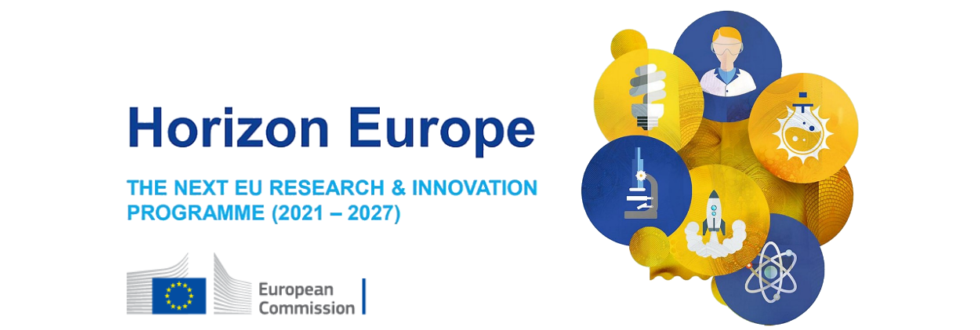FASoS researchers receive Horizon Europe grants
Five FASoS researchers have been awarded Horizon Europe grants for leading projects in the European security domain. A combined total of nearly €700,000 goes to Maastricht. The overall worth of each project amounts to €3 million.
Mariëlle Wijermars not only does research into how authoritarian states suppress information, but will also develop a toolkit to counter this. Giselle Bosse looks more closely at how Europe can become more resilient in relation to its neighbours to the east. Gergana Noutcheva, Assem Dandashly and Hylke Dijkstra will offer policy recommendations to strengthen Europe’s foreign and security toolboxes.
Collaboration is of paramount importance in the projects: all are carried out by international consortiums.
How authoritarian states suppress information
Mariëlle Wijermars has, together with an international consortium led by PI Lovise Aalen of the Chr. Michelsen Institute, received funding for the project ‘ARM: The long arm of authoritarian states’. FASoS researcher Thomas Frissen is also involved.
The project explores how authoritarian states suppress information and will deliver a practitioners’ toolkit for how to counter it. More specifically, the project will analyse how Russia, China, Ethiopia and Rwanda seek to suppress independent voices and information, with a special focus on how this information suppression affects EU states and diaspora communities that have settled in the EU.
Making Europe more resilient
Giselle Bosse has, together with an international consortium, received funding for the project ‘InvogratEU’.
The project focuses on invigorating change of the EU‘s political perspective for the Eastern Neighbourhood and the Western Balkans, and on examining options for a resilient Europe. Giselle Bosse, together with Richard Youngs (Carnegie Europe), will lead the work package on ‘Innovative perspectives on democratising countries in the eastern neighbourhood and western Balkans in contexts of contested territory’.
Strengthening Europe’s foreign and security toolboxes
Together with 12 partners from across Europe, Gergana Noutcheva, Assem Dandashly and Hylke Dijkstra received funding for the project 'REUNIR – Resilience, Enlargement, Union, Neighbourhood, International Relations: Future-proofing EU security, Enlargement and Eastern neighbourhood policies for a new age of international relations'.
The project examines how the EU can strengthen its foreign and security toolboxes to bolster the resilience and transformation of (potential) candidate countries in a new age of international relations. REUNIR empirically assesses foreign threats to the military, socio-economic and democratic resilience of 9 neighbouring countries, determines capability shortfalls, maps local perceptions of the EU’s support and political perspectives inside the EU on neighbourhood relations. Outlining scenarios up to 2035, REUNIR offers evidence-based policy recommendations to mitigate malign foreign interference and strengthen the EU’s external action.

Faculty of Arts and Social Sciences
Mariëlle Wijermars is professor of Digital Cultures
Thomas Frissen is Assistant Professor in Digital Technology and Society
Giselle Bosse is Associate Professor and Jean Monnet Chair in EU International Relations
Gergana Noutcheva is Associate Professor in International Relations and European Foreign Policy
Assem Dandashly is Associate Professor in Politics
Hylke Dijkstra is Professor in International Security and Cooperation